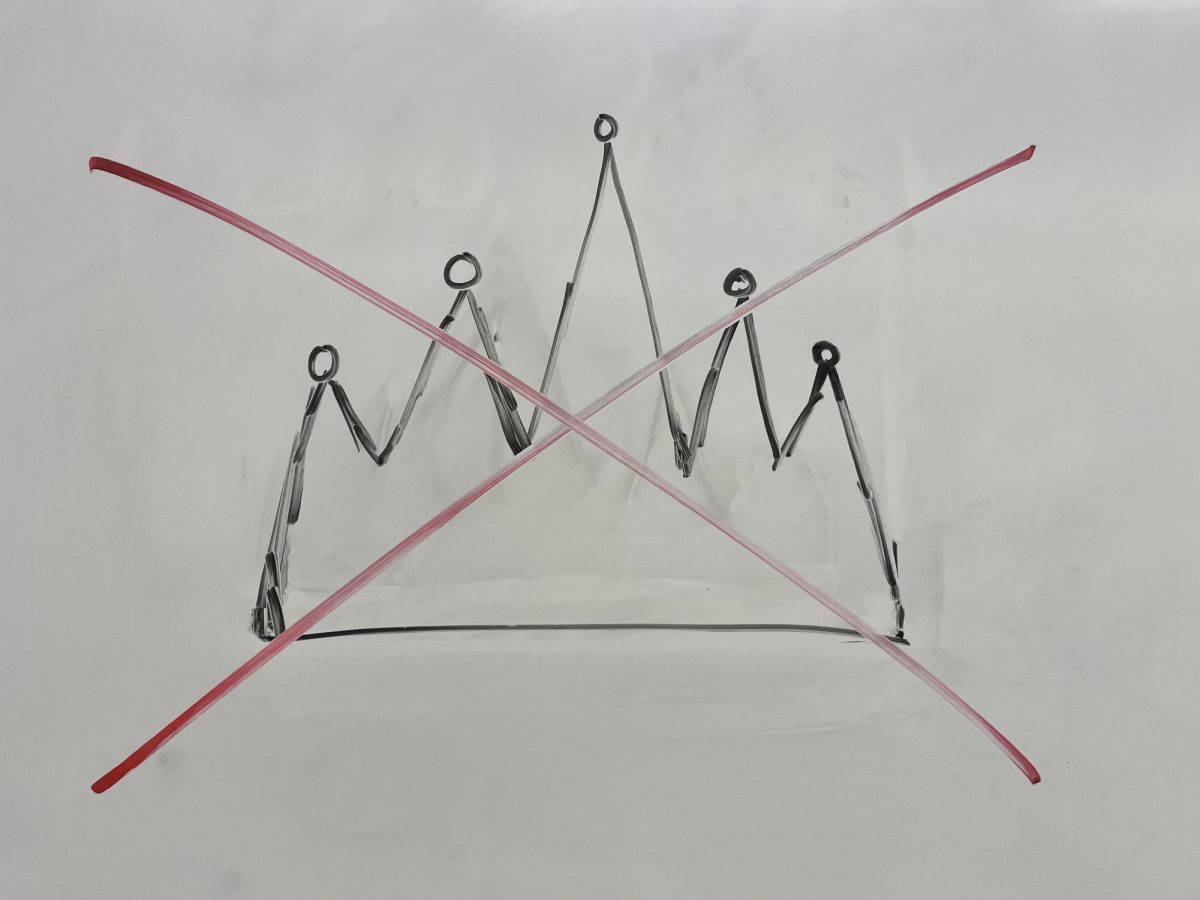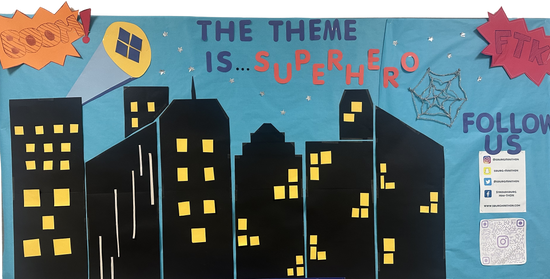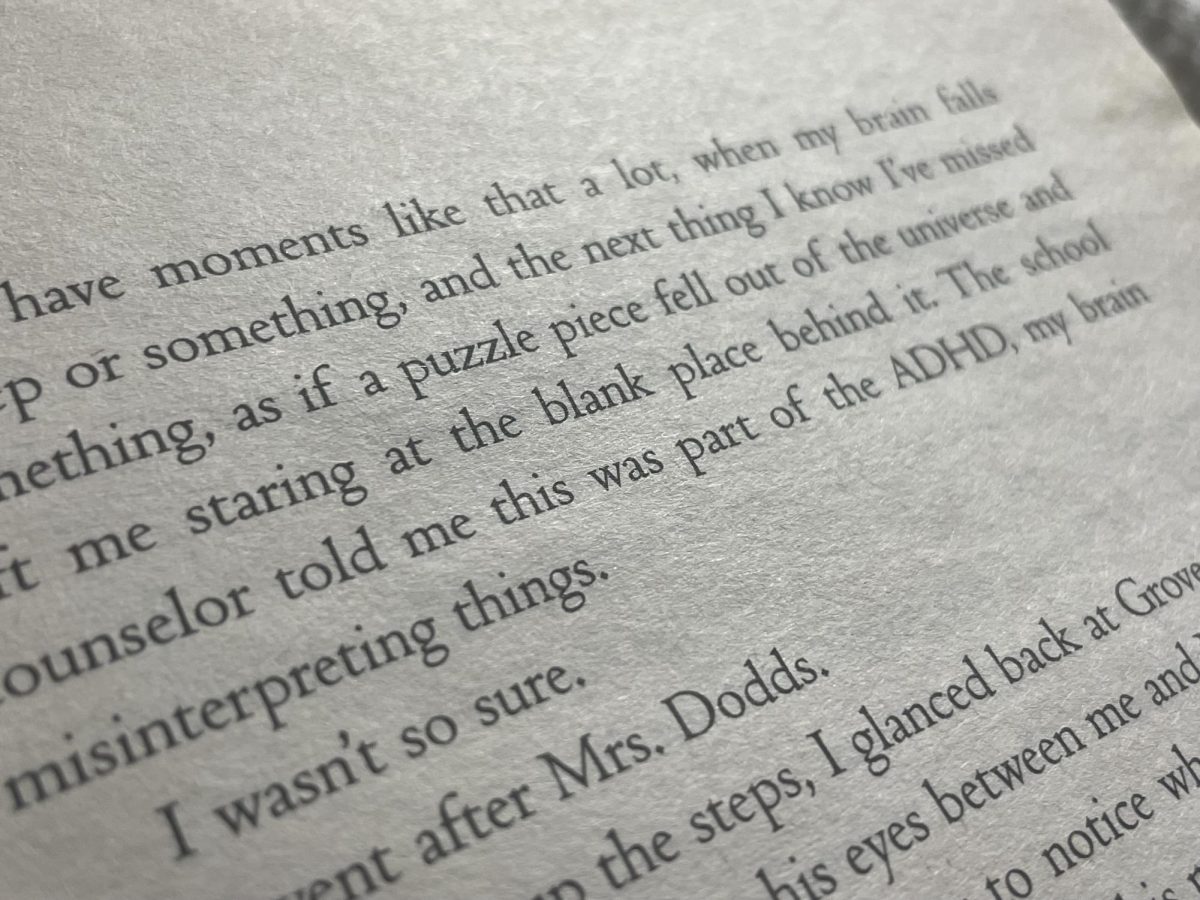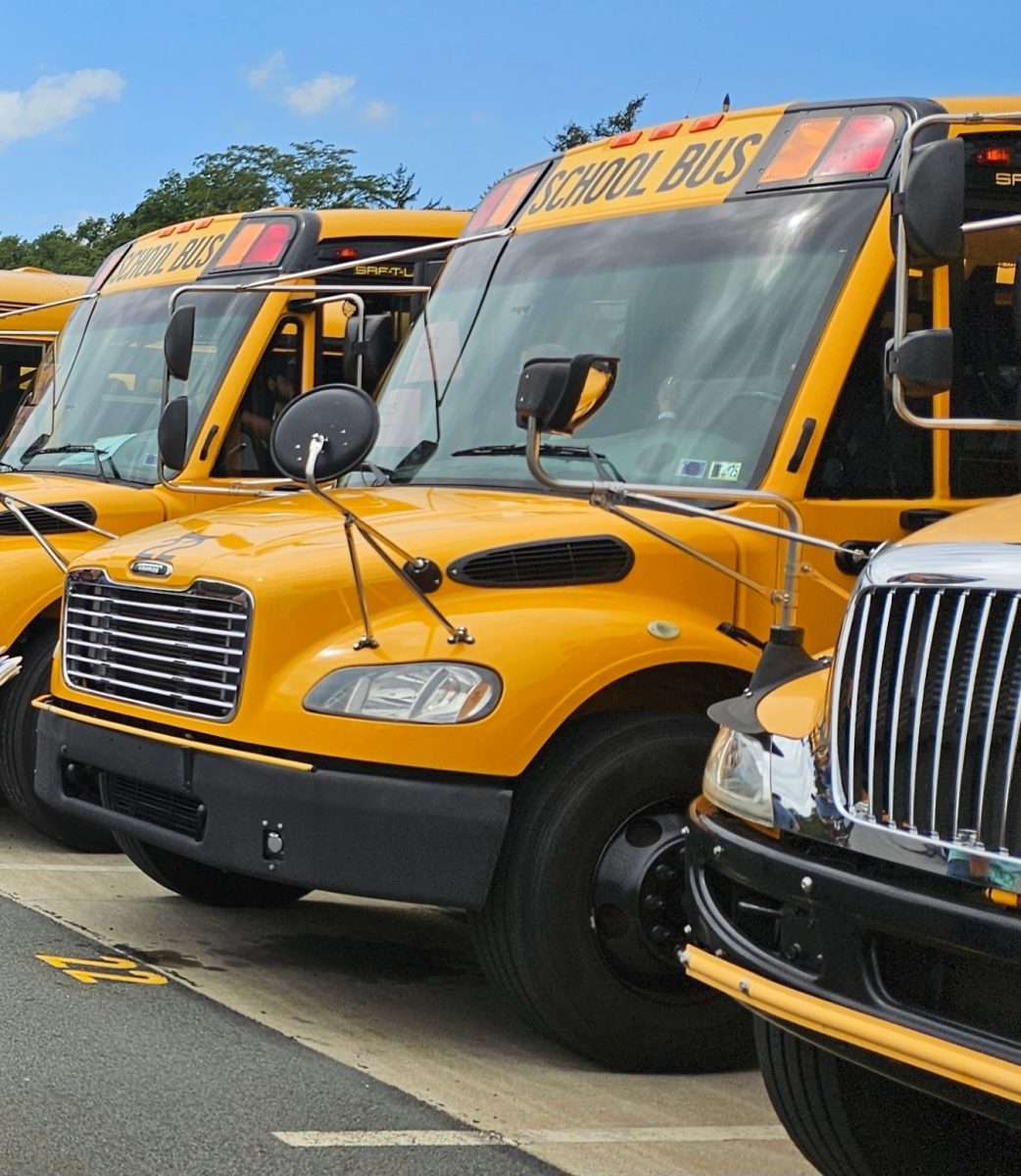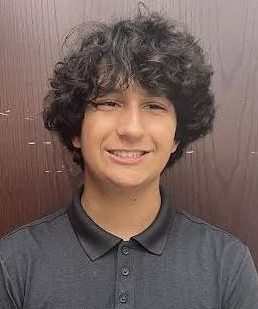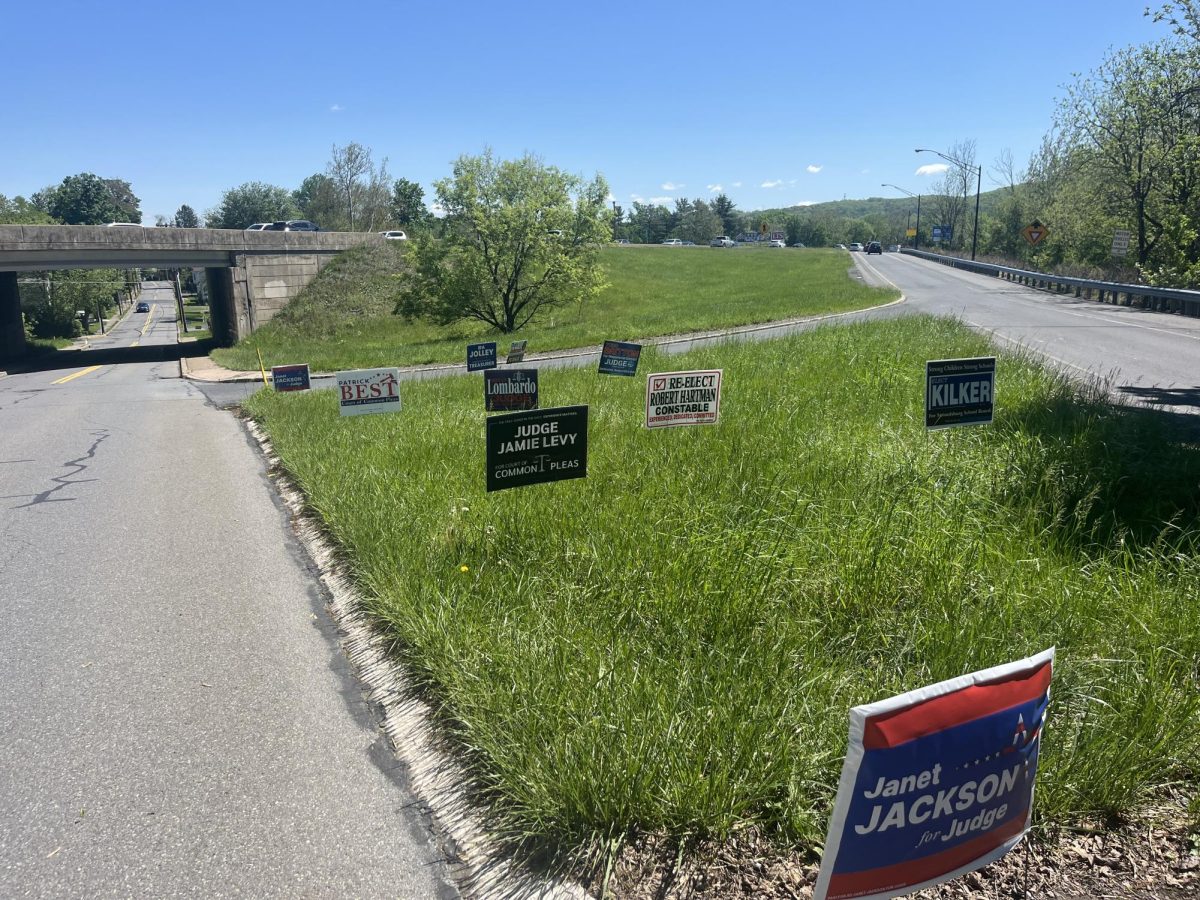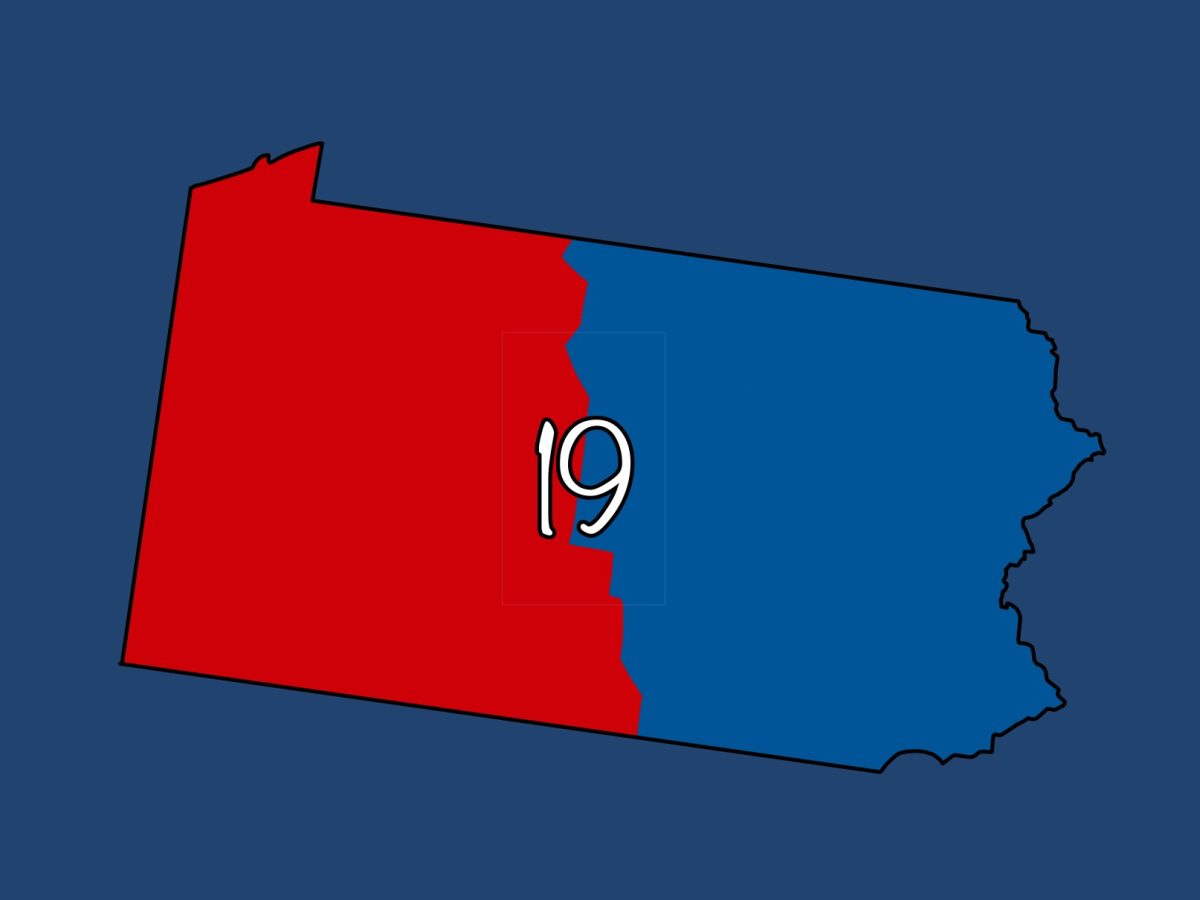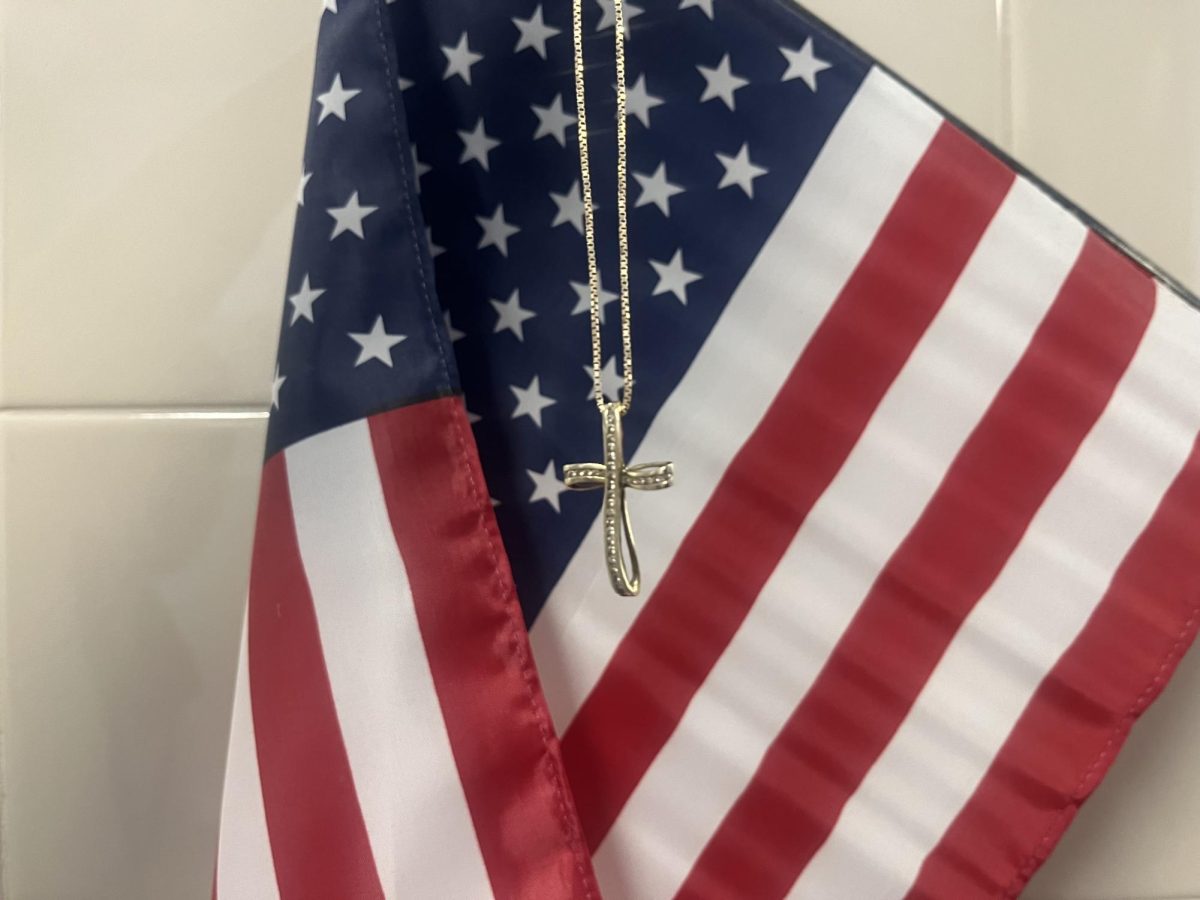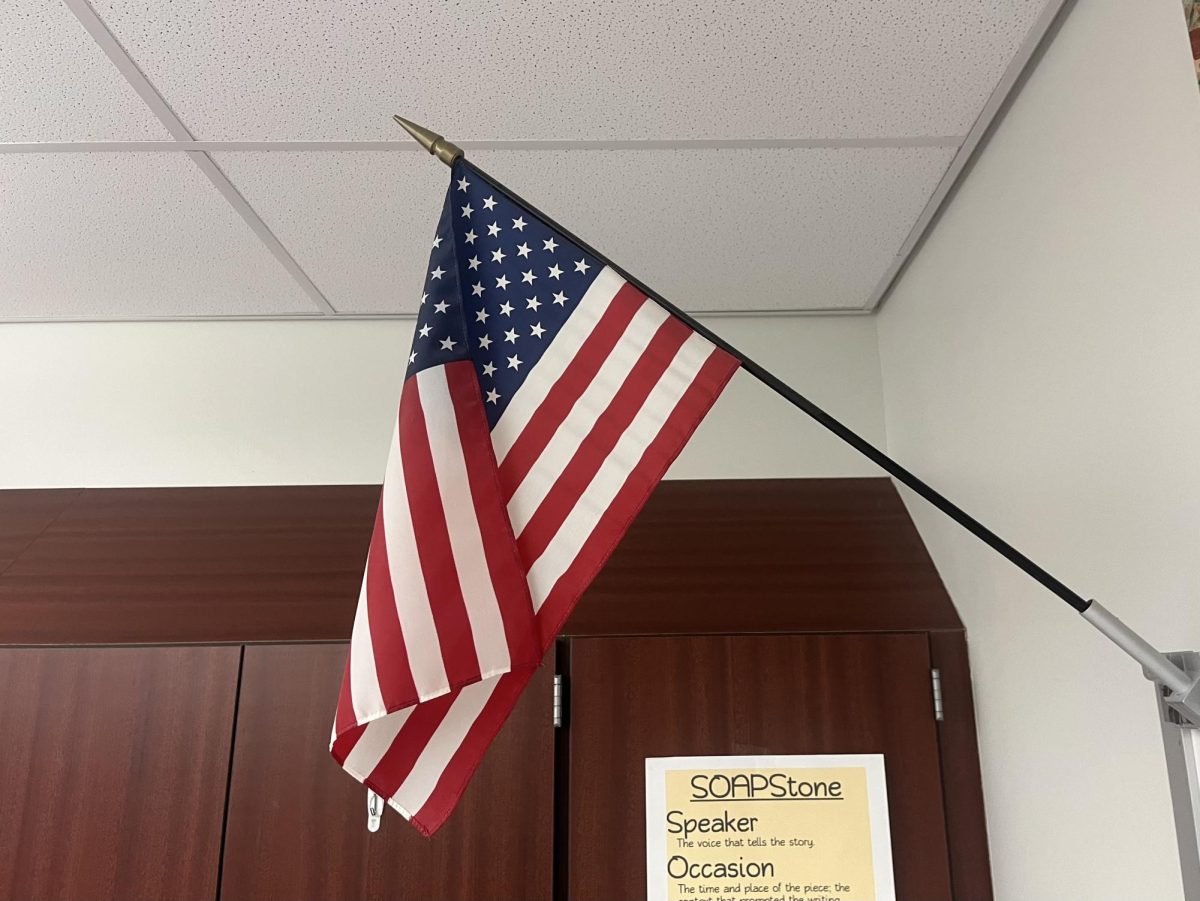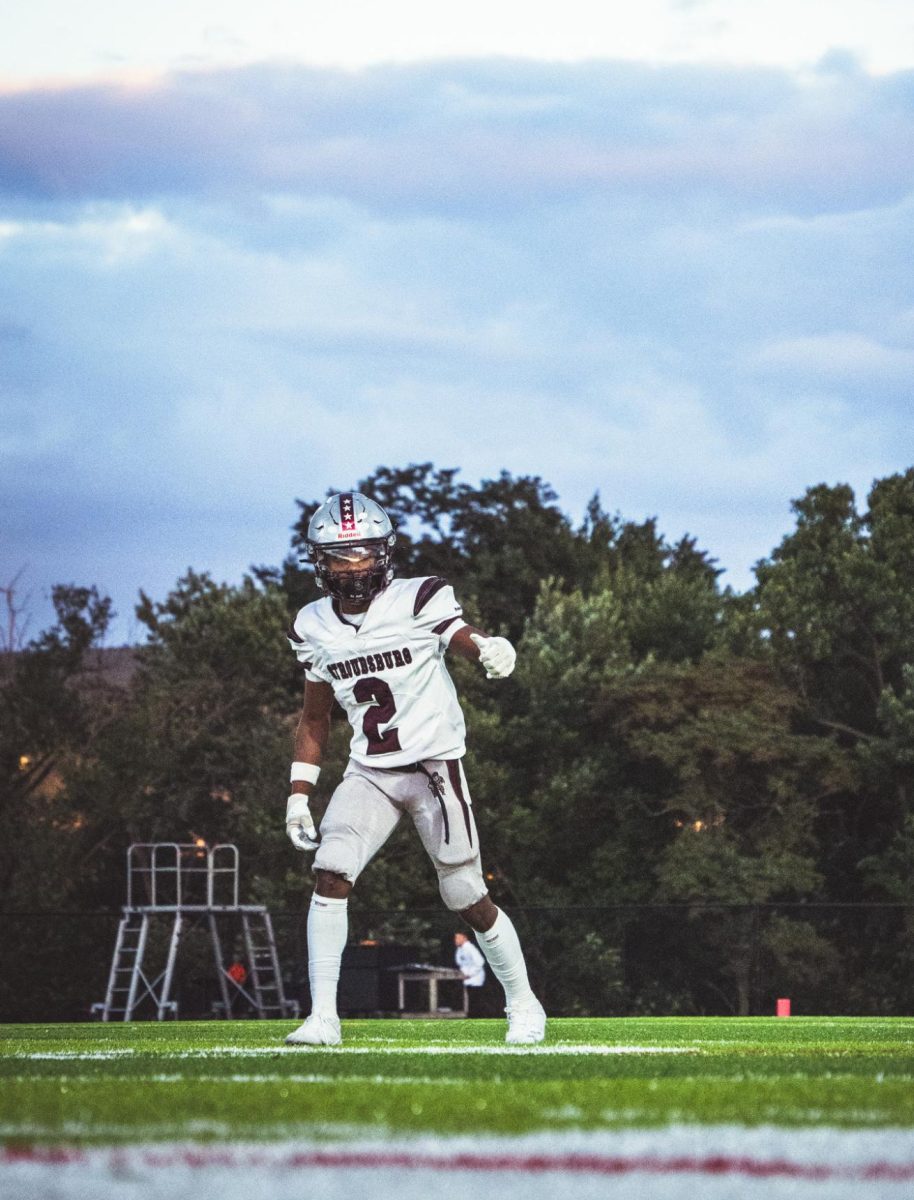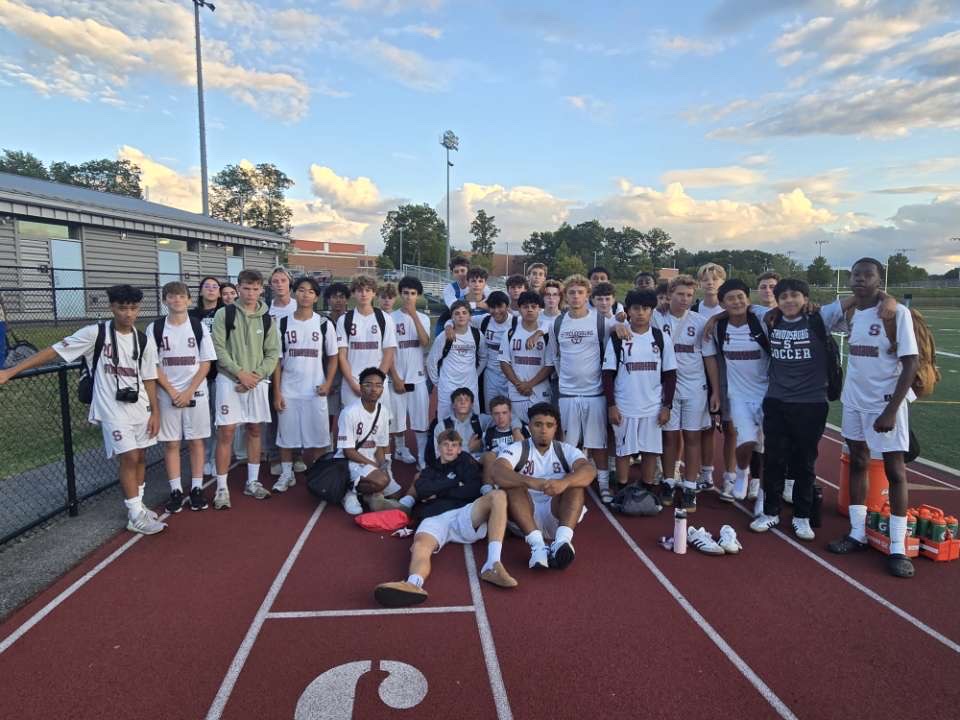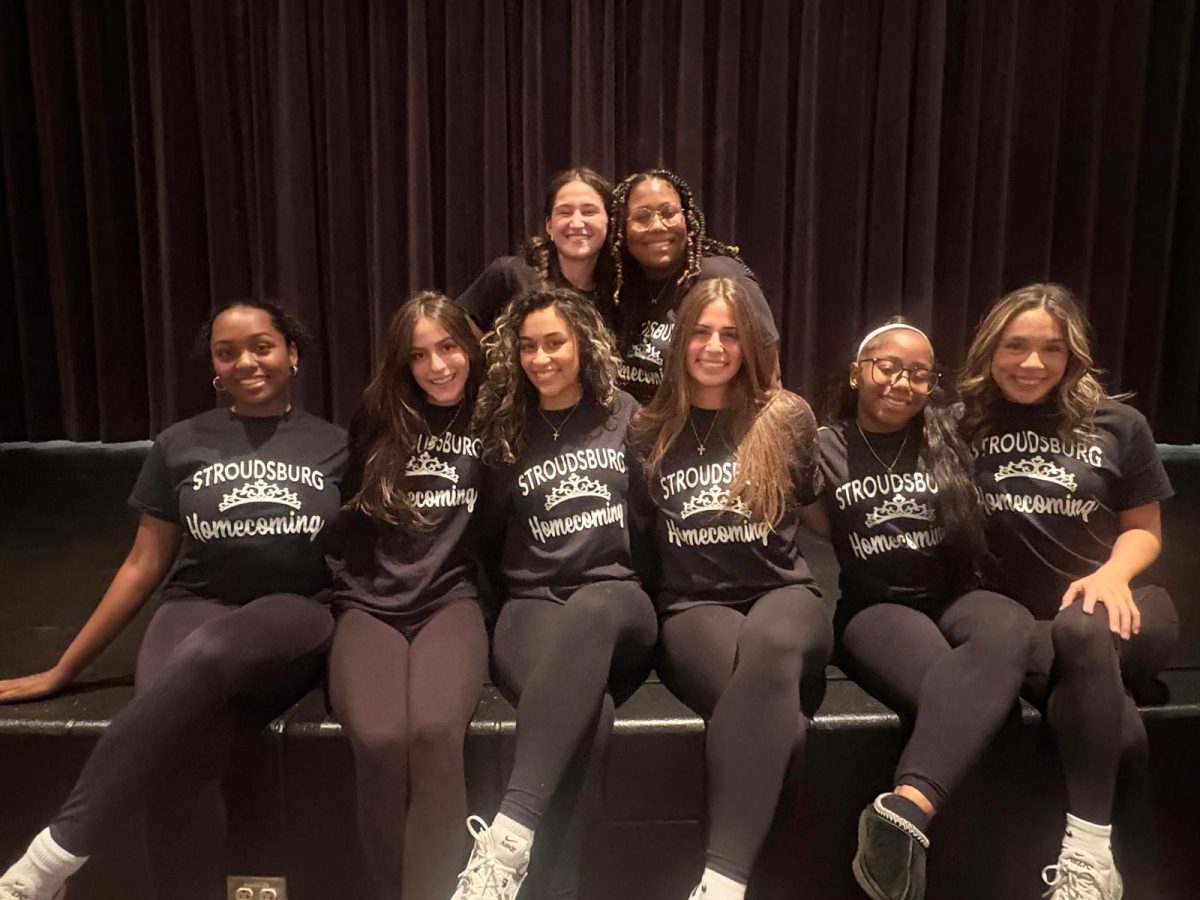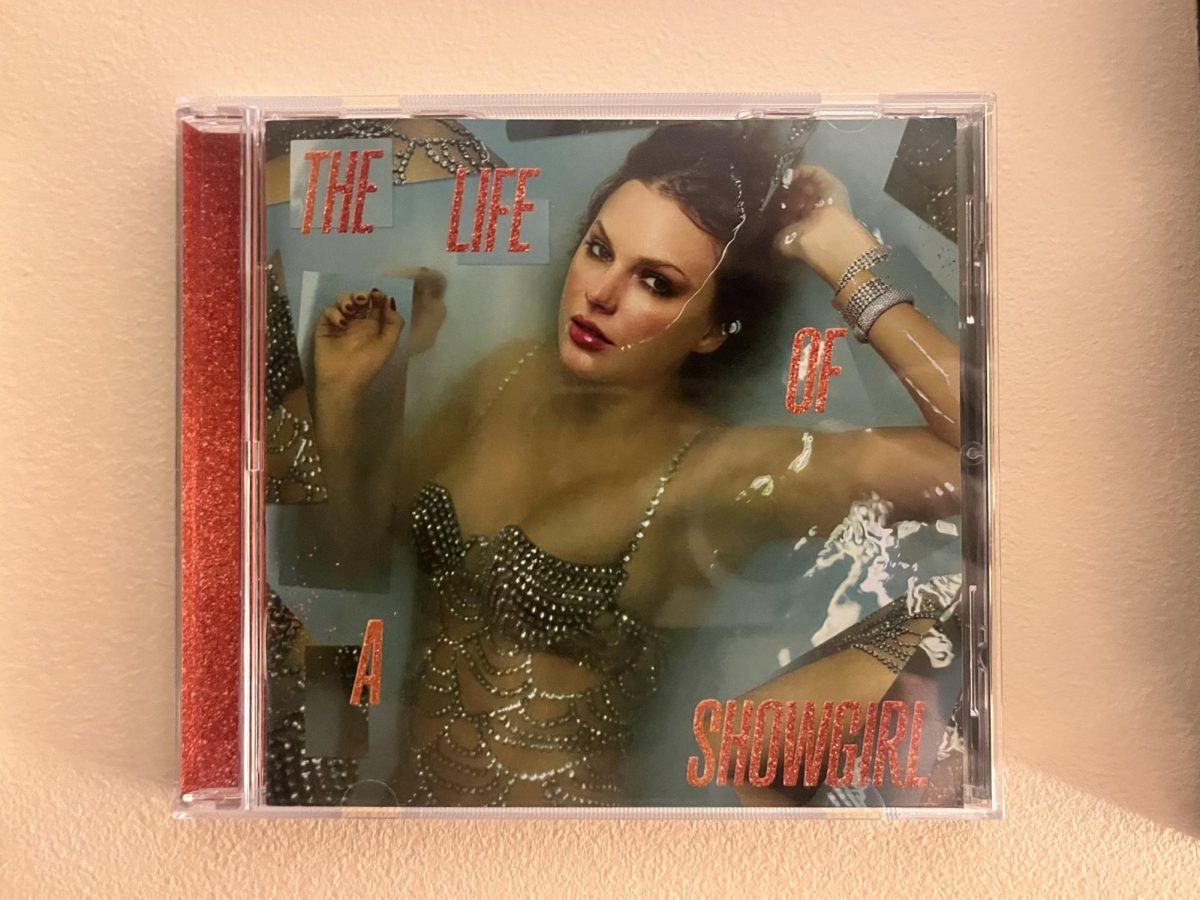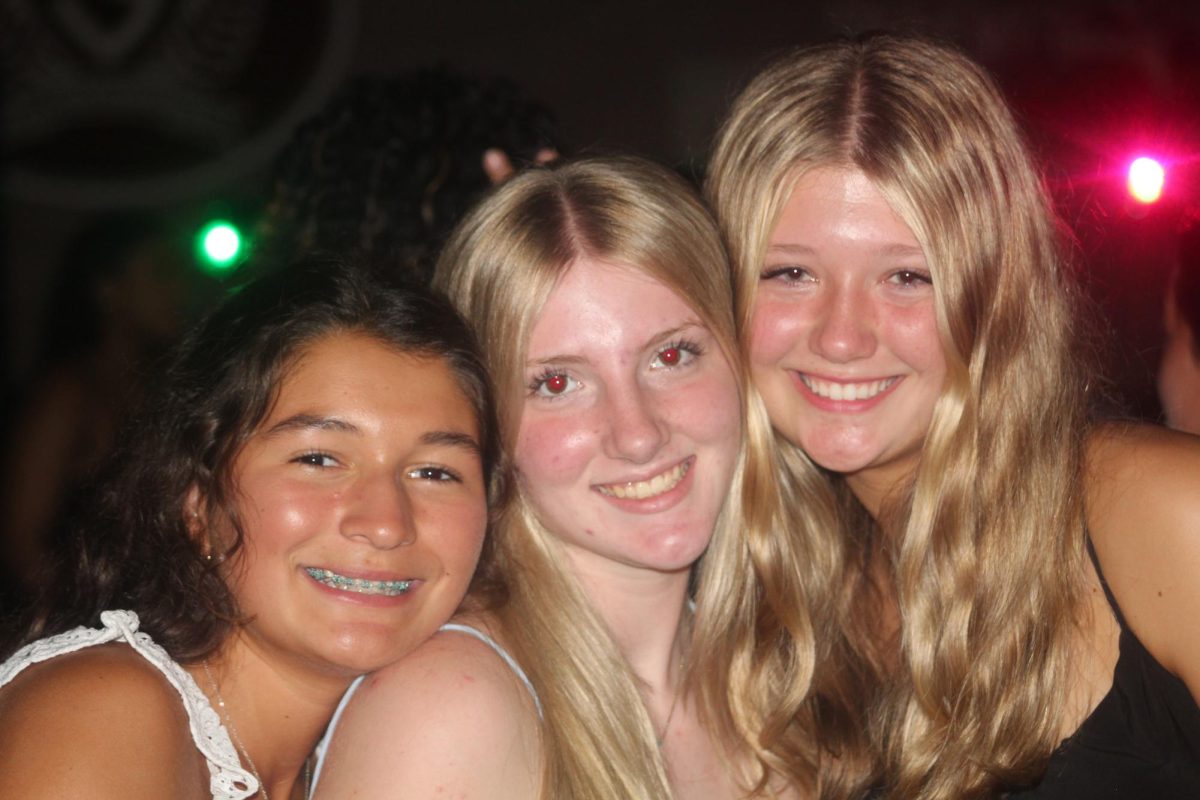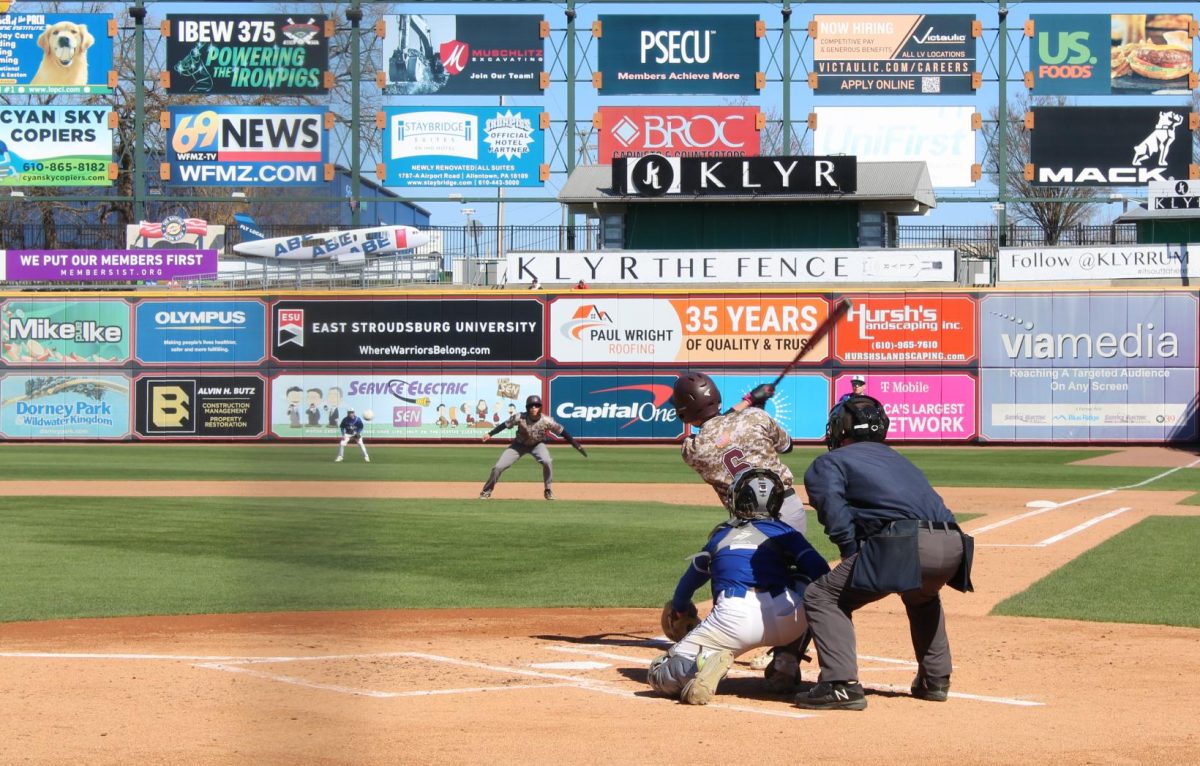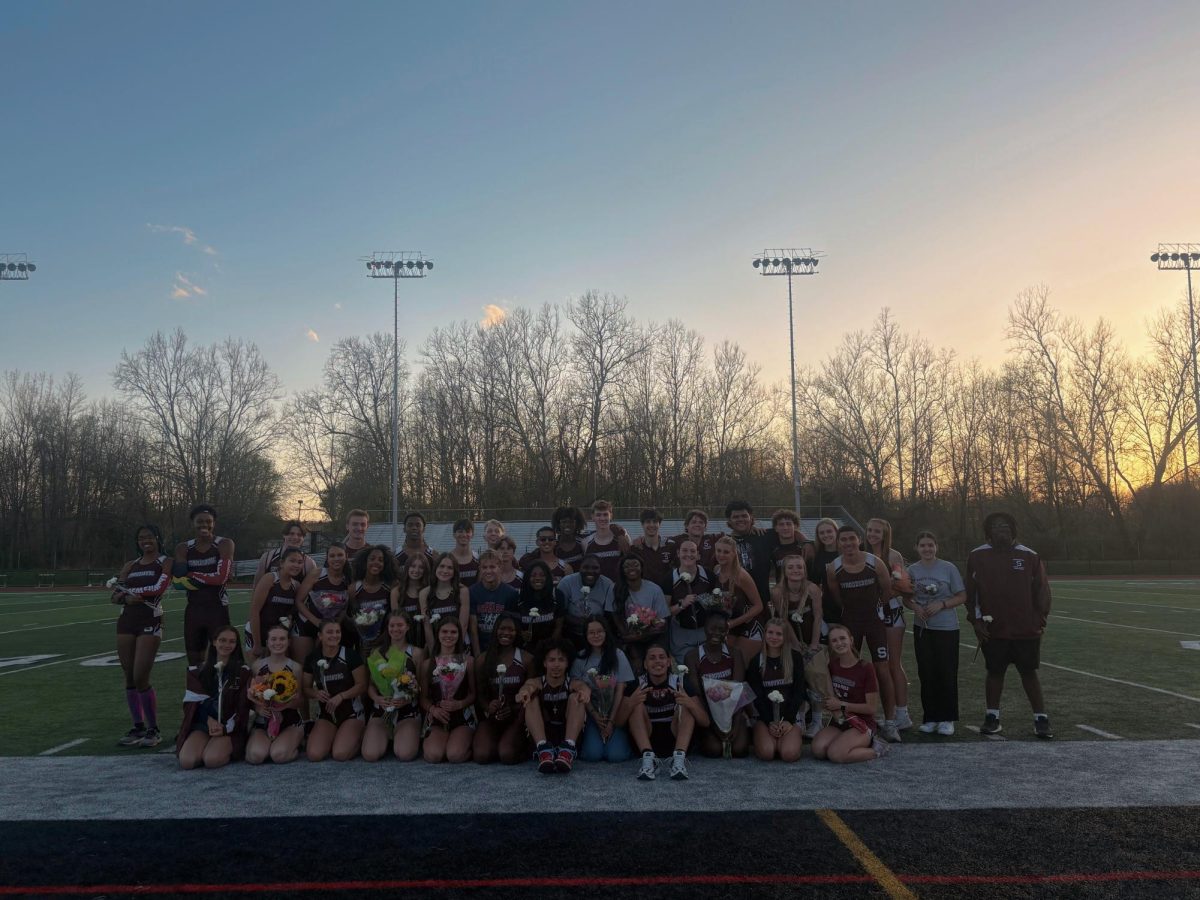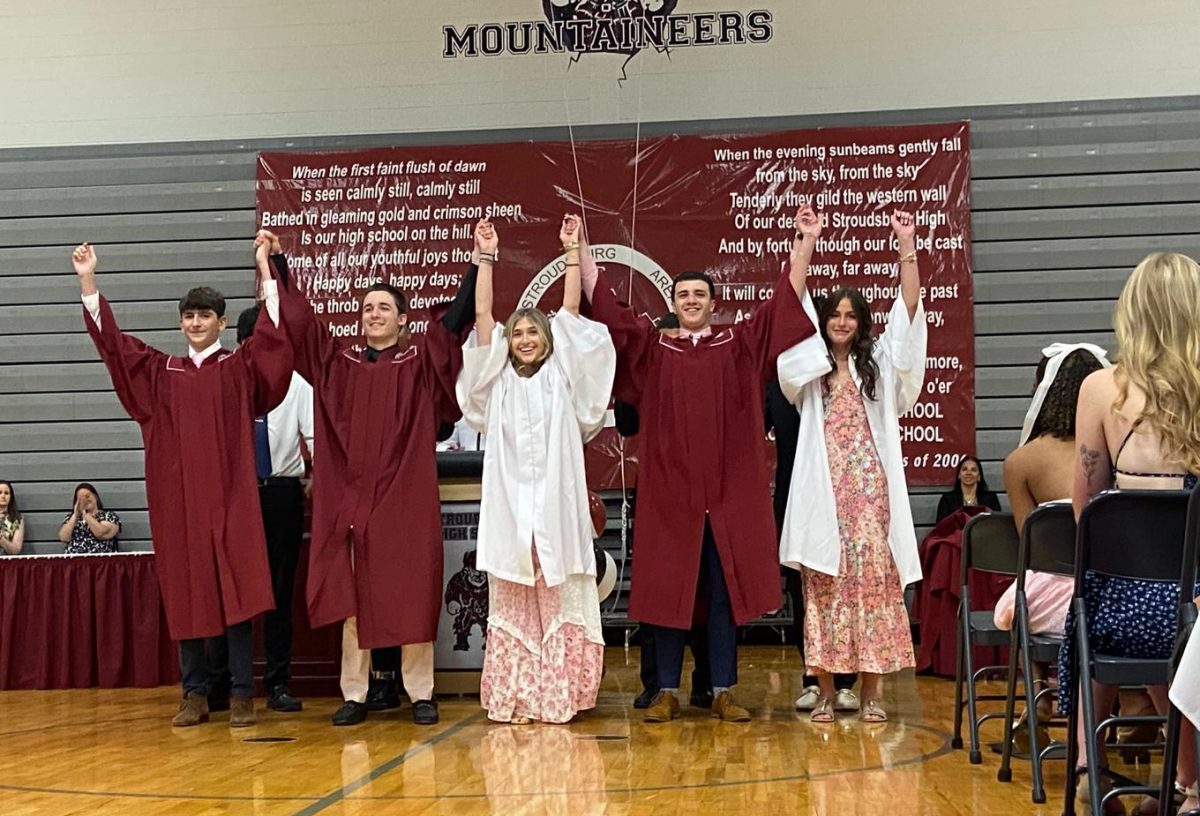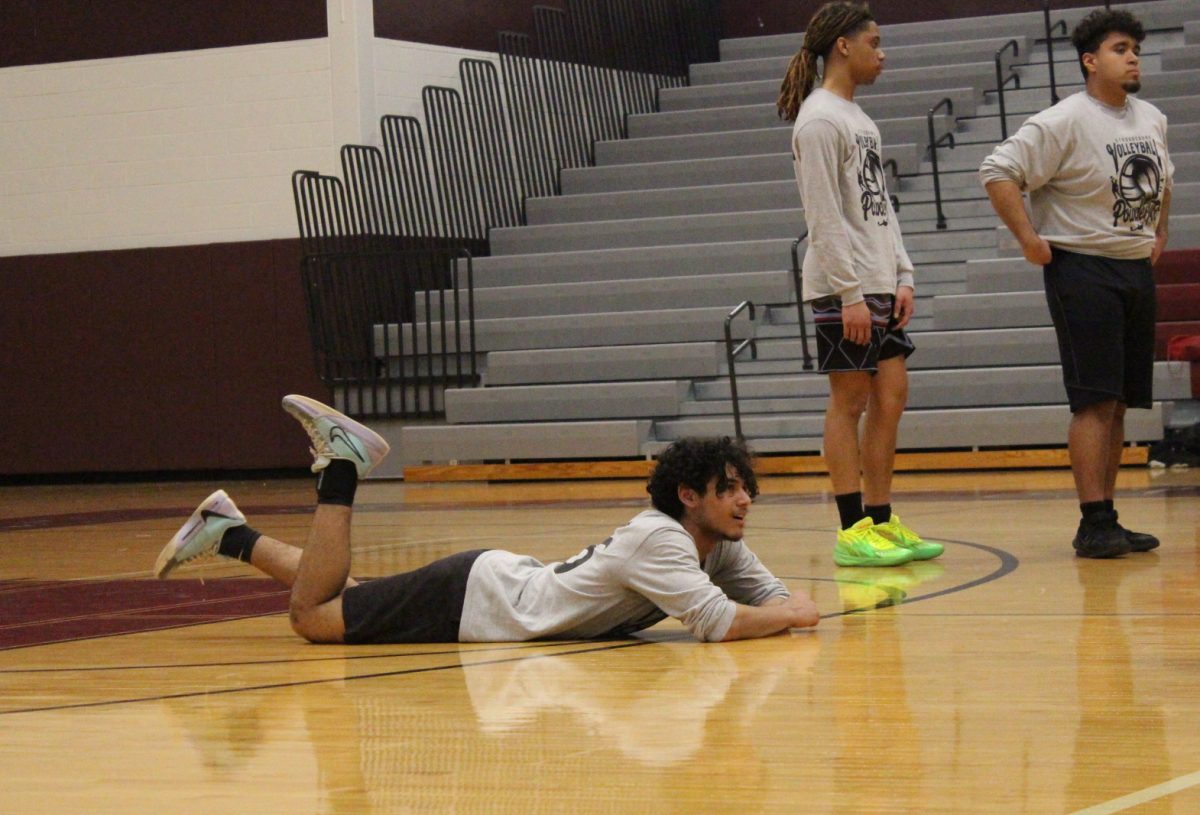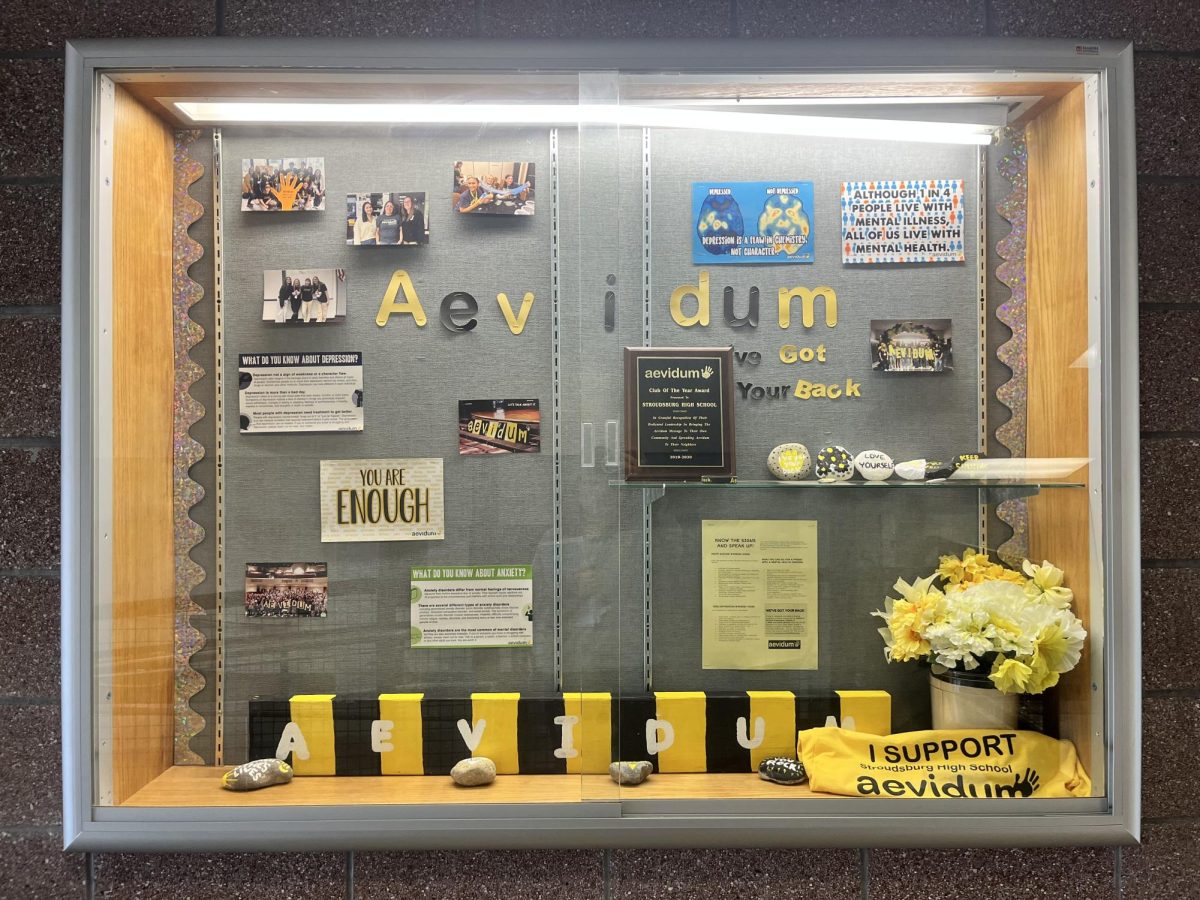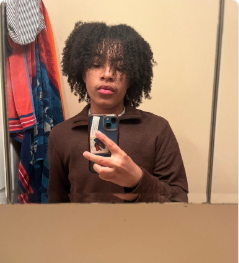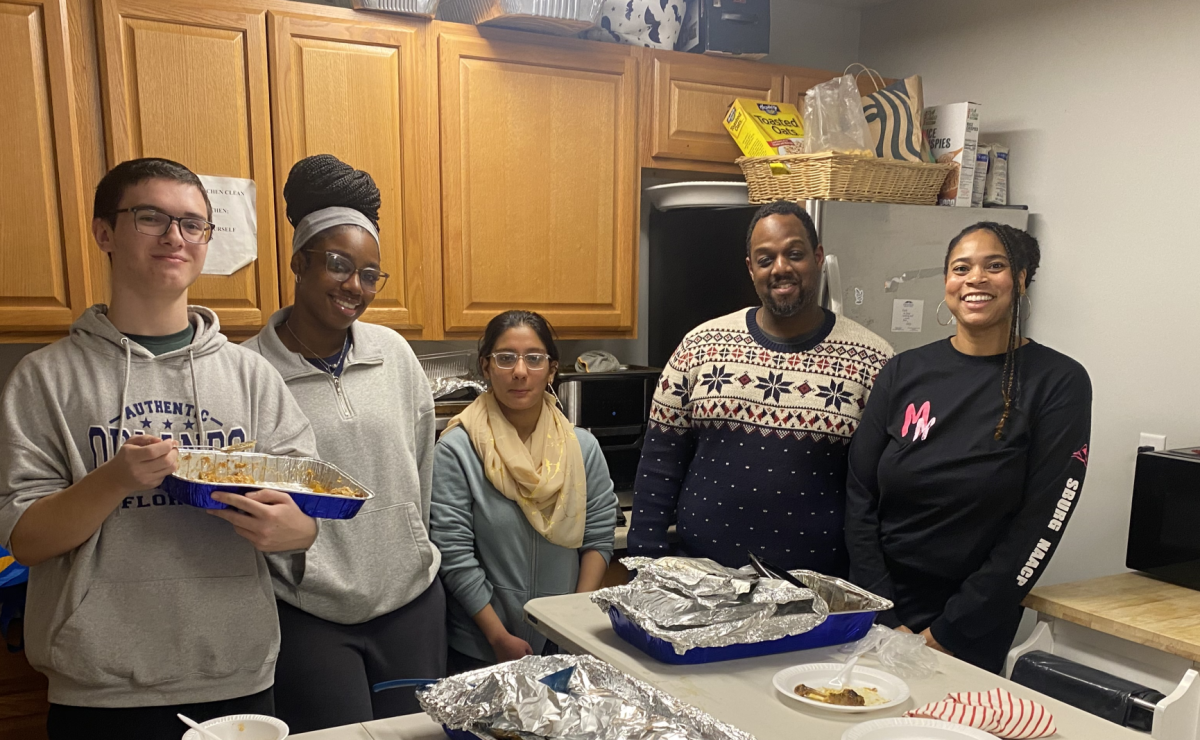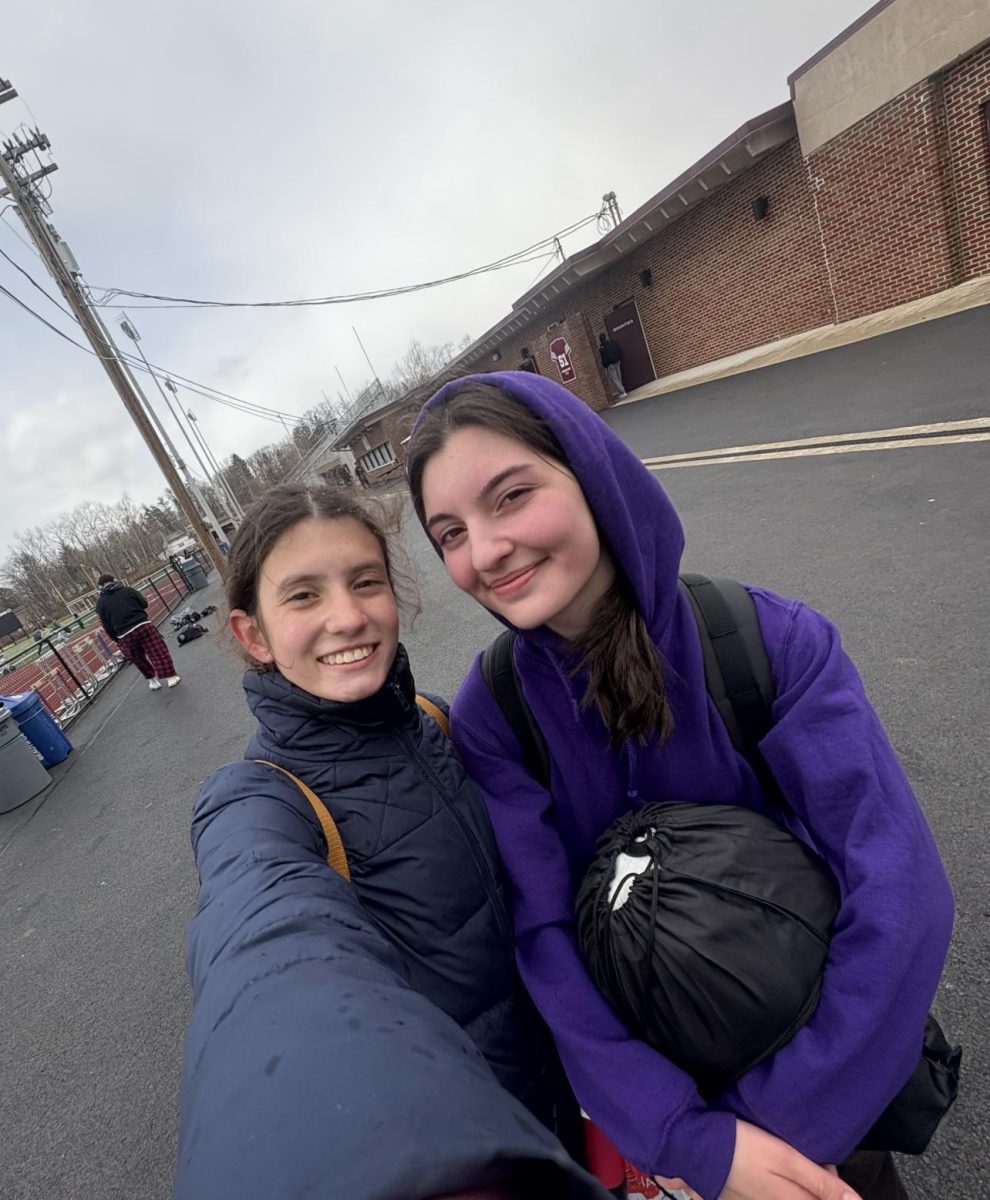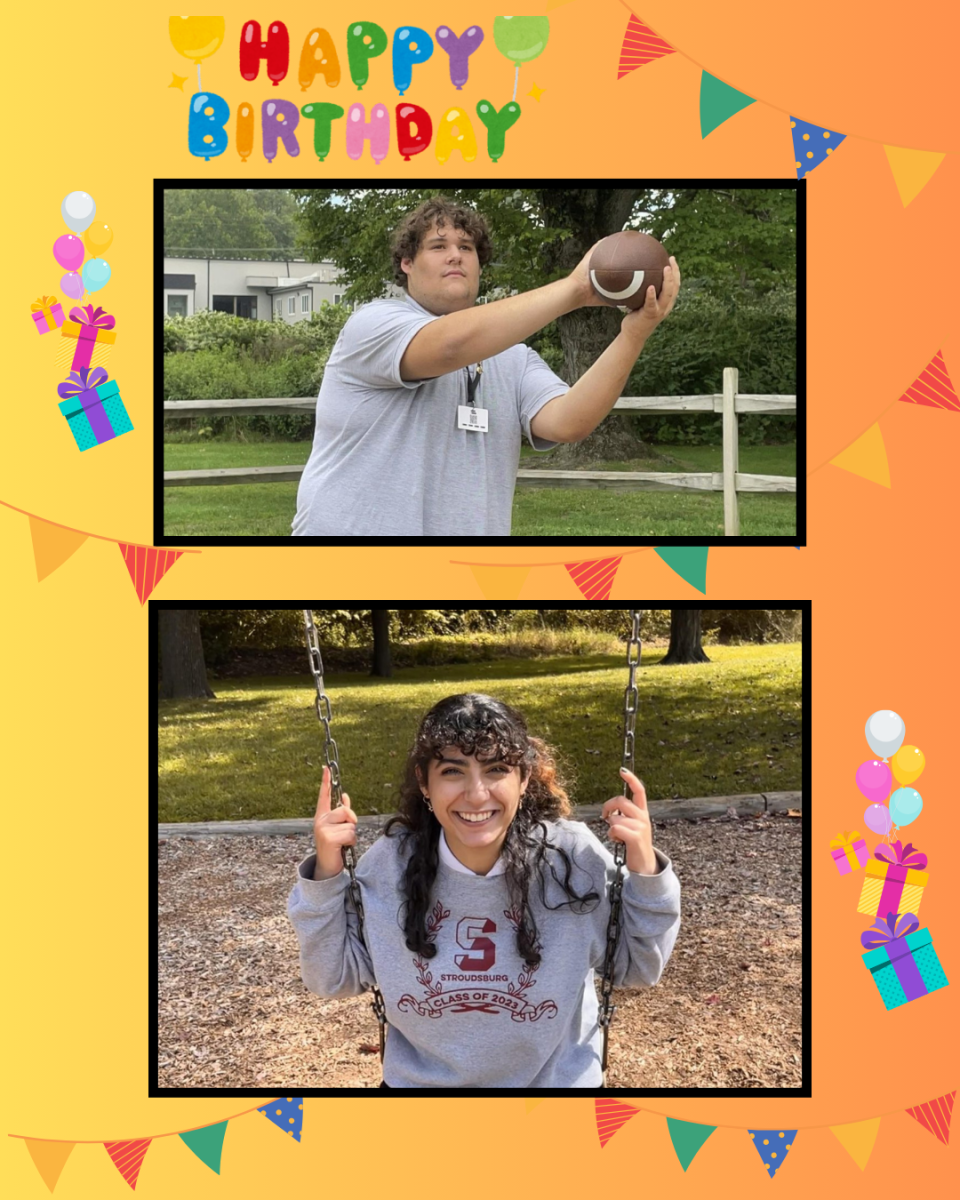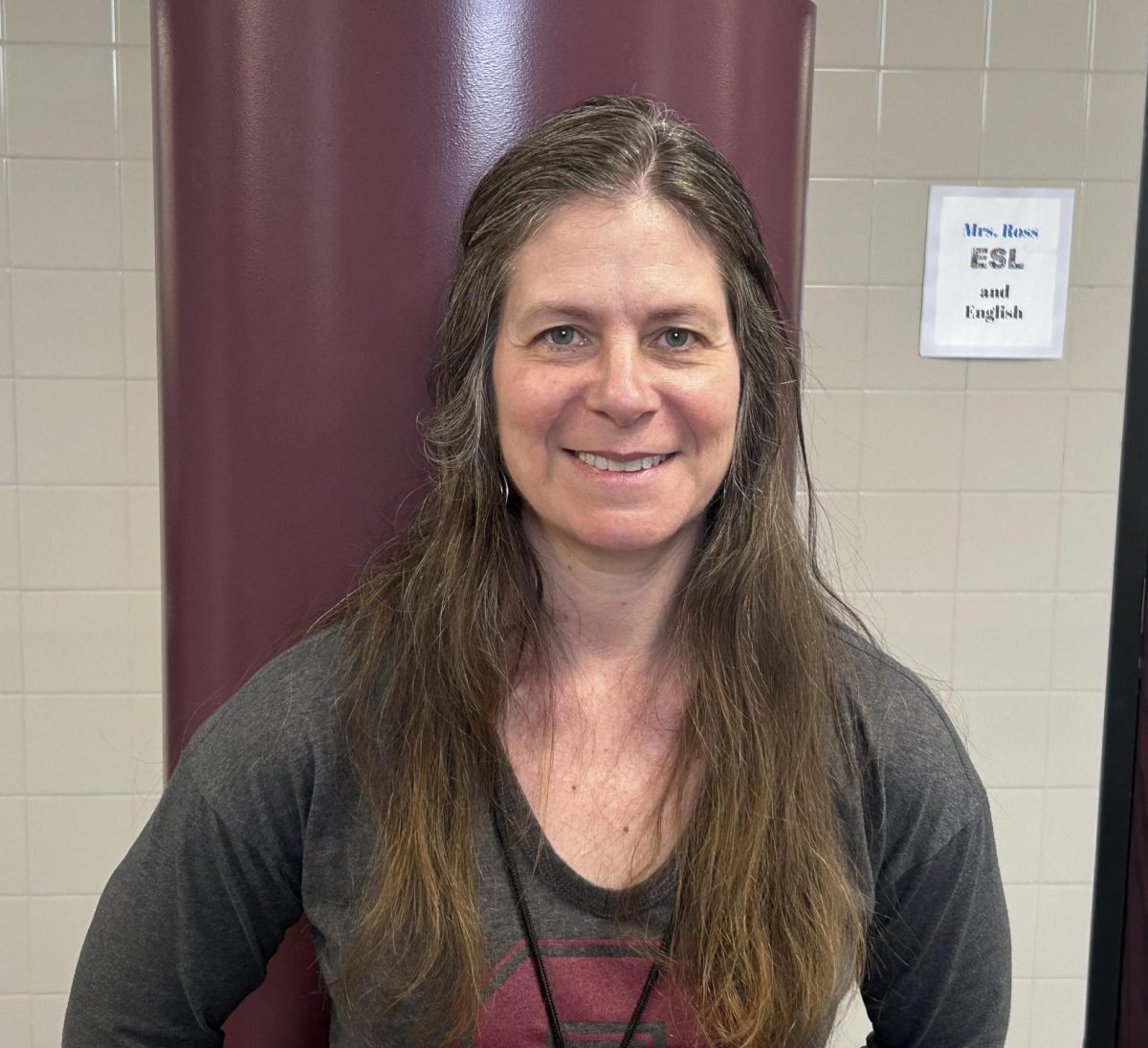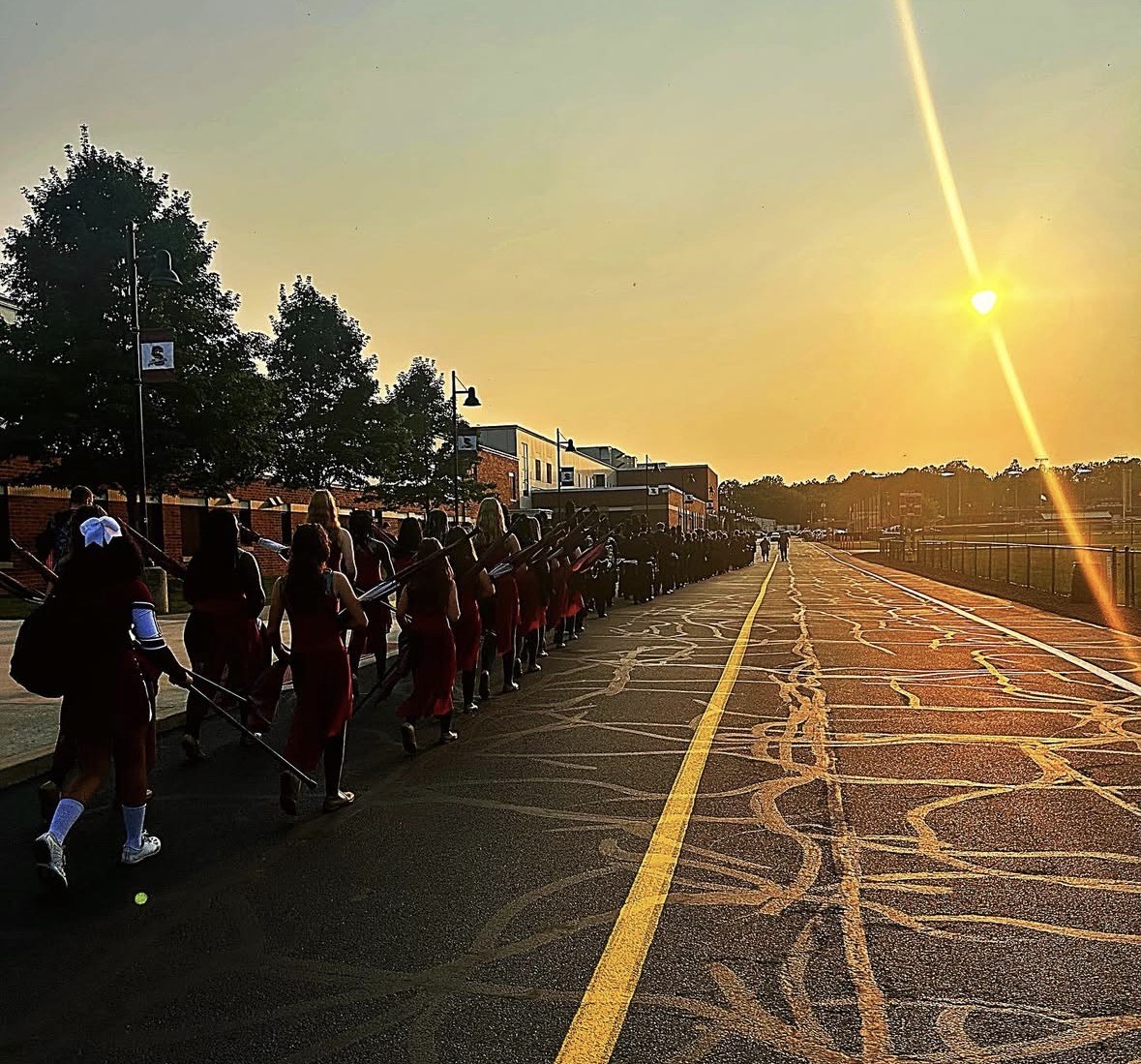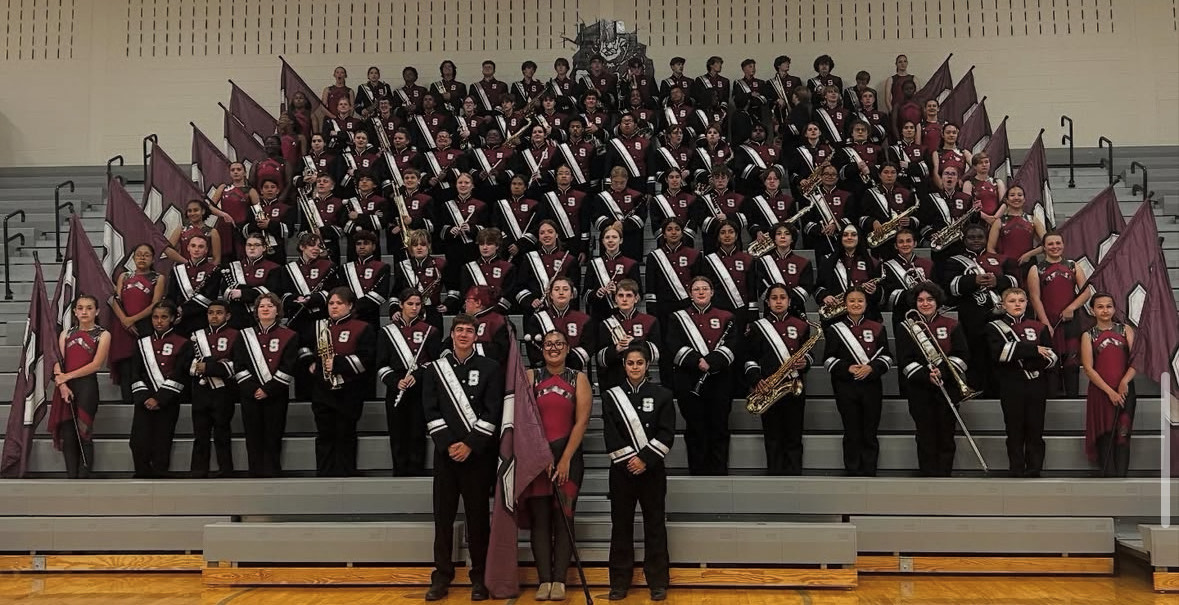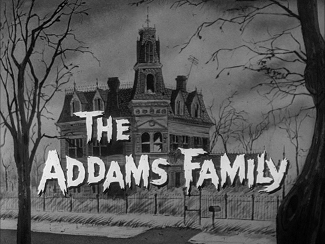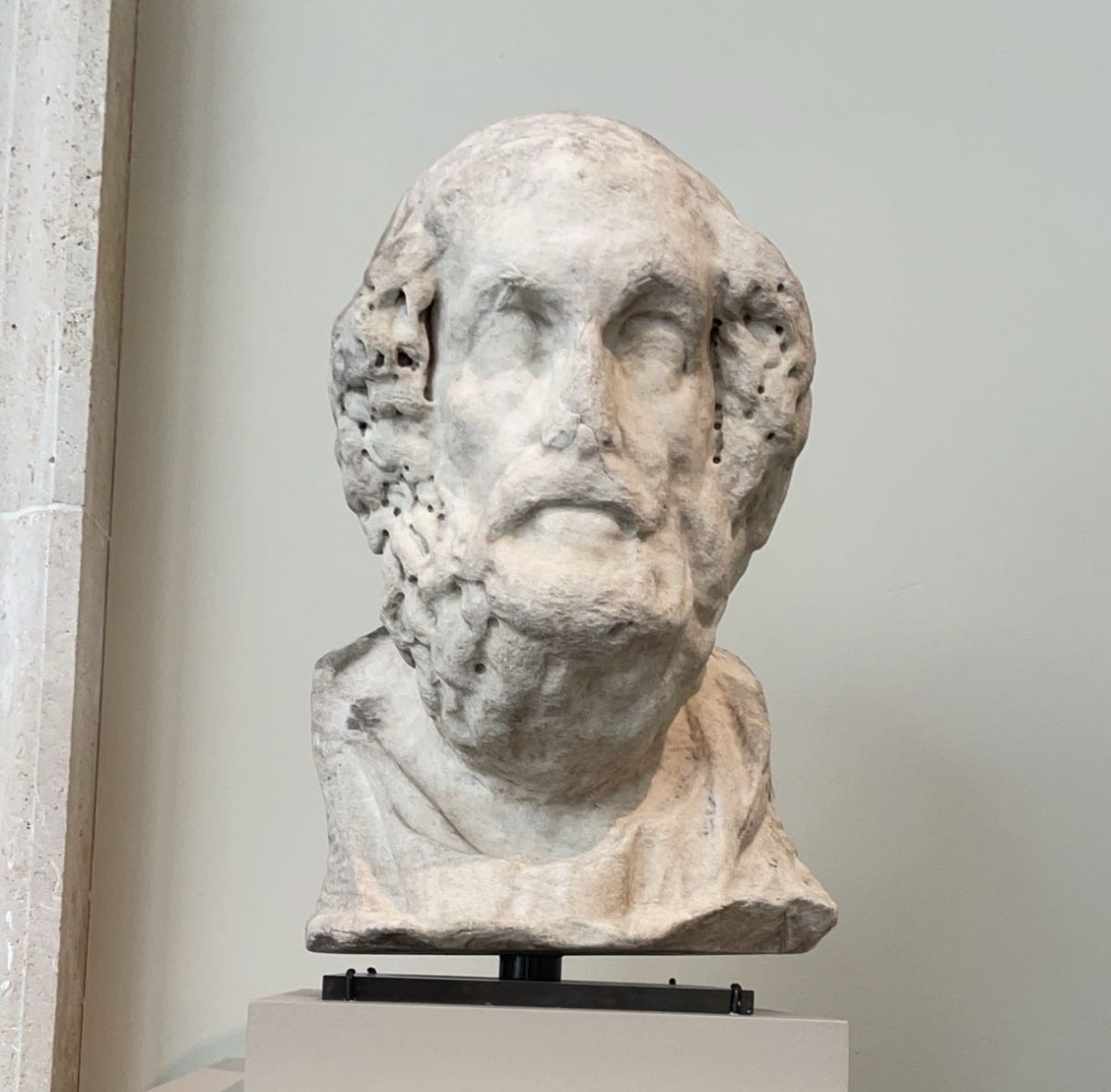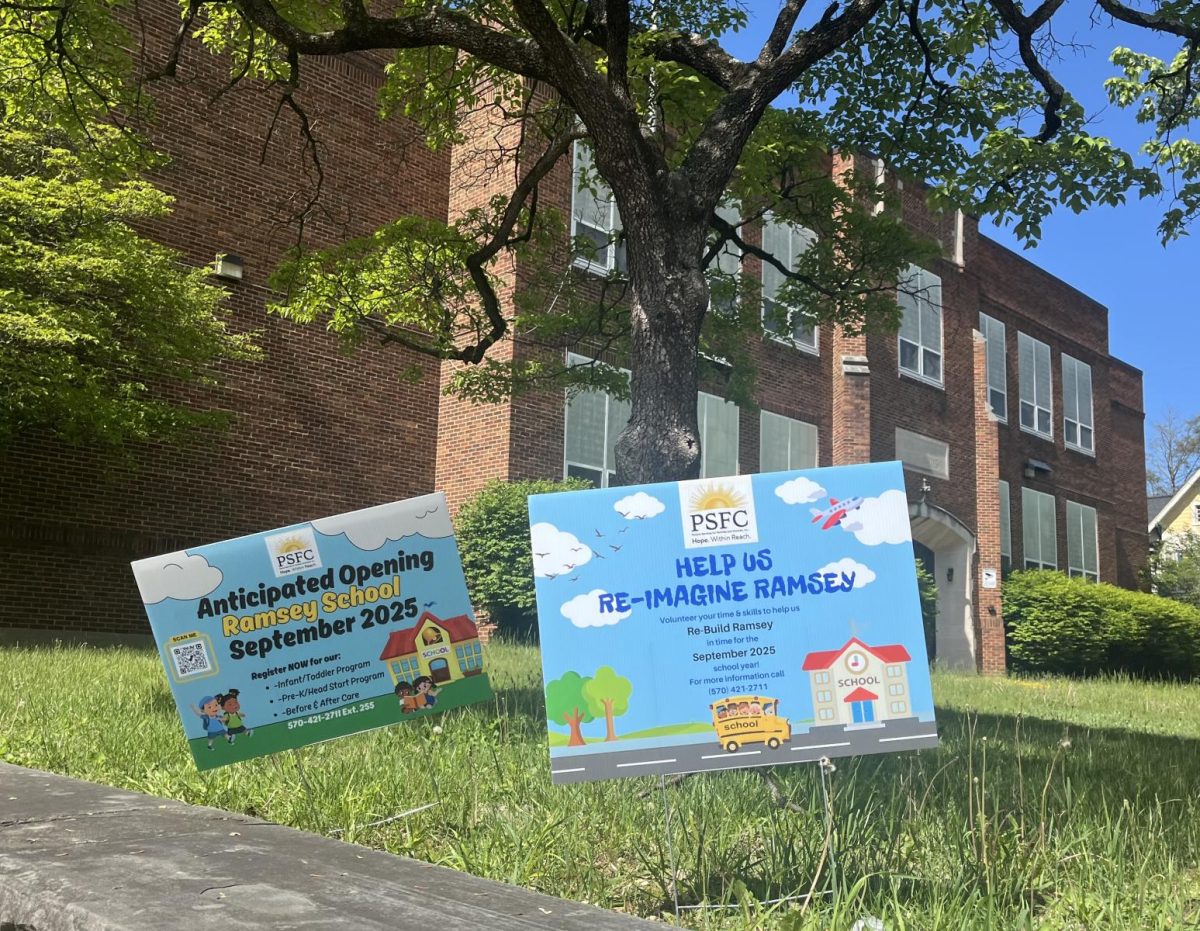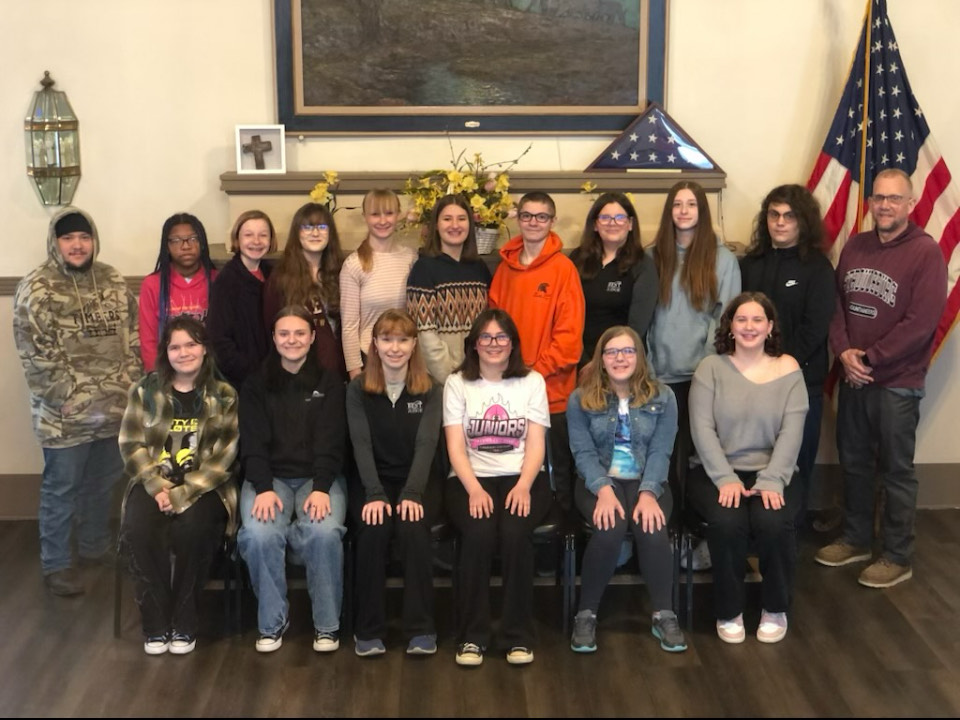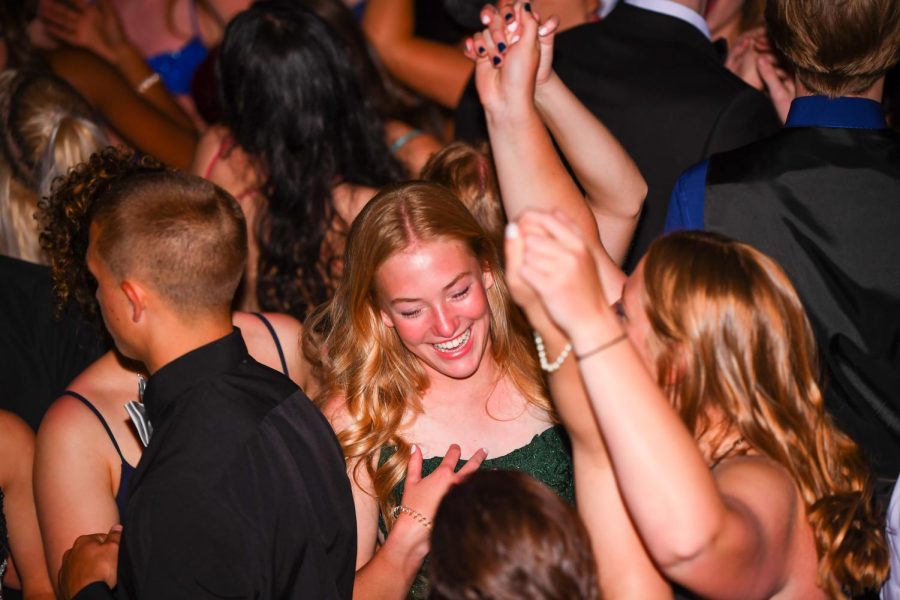Rohingya Muslims threatened with genocide in Myanmar
Rohingya refugees being sent to Bhasan Char island due to the overcrowding of Cox’s bazaar.
April 17, 2021
The Rohingya are an ethnic group, the majority of which are Muslims, who have lived for many decades in the majority of Buddhist Myanmar, bordering Bangladesh.
There are currently approximately 1.1 million Rohingya in the Southeast Asian region. Although they have been living in Myanmar for decades, the government of Myanmar maintains that all Rohingyas are illegal immigrants from Bangladesh. It refuses to accept them as citizens, essentially making most of them stateless.
As a result of racial discrimination, they live in deplorable circumstances. They are effectively segregated from the rest of the population, with restricted access to health care, colleges, and employment.
In 2012, tensions between the Rohingya and the majority Buddhist Rakhine population exploded into rioting, forcing tens of thousands of Rohingya people from their homes and into squalid displacement camps. Many who live in the camps are confined and separated from other groups.
Tensions between the Rohingya and the majority Buddhist Rakhine population exploded into rioting, forcing tens of thousands of Rohingya people from their homes and into squalid displacement camps. Many who live in the camps are confined and separated from the rest of society.
The campaign of ethnic cleansing forced about 700,000 Rohingyas to flee to Bangladesh in the first two weeks of the crisis, with more on the way. The people who arrive are wounded, starving, and traumatized, and need immediate humanitarian assistance, such as food, shelter, and medical care.
Bangladeshi authorities urgently need foreign assistance to assist them in providing assistance to those in need.
Gambia took the Rohingya genocide case to the International Court of Justice, accusing Burma of attempting to “destroy the Rohingya as a people, in whole or in part, through the use of mass murder, rape, and other forms of sexual abuse.” At the United Nations’ highest court, Myanmar lawmaker and opposition leader Aung San Suu Kyi defended her government against charges of genocide against the Rohingya people, calling the allegations “incomplete and misleading.” She outlined the brutality unleashed by police and army posts in order to rid a neighborhood of rebels or terrorists.
“They are refused to be recognized as people, let alone citizens,” says Yasmine Alrefai ’21. “They are a minority being attacked, killed, and forced out of their homes and it’s been that way for almost five years, yet only now is it being recognized. There are many people that regularly turn a cheek when wrong things happen, but too many wrong and brutal things are becoming normalized.”
Leila Begum is a mother of four children and an ethnic Rohingya Muslim. Myanmar government soldiers raided Begum’s village in Chin Kali and began firing at her. Her sons were separated from her during the confusion. Her husband tried to escape but was arrested by the soldiers, who stabbed him with a knife.
Begum was unaware of what had happened to her sons before the military had left her village. She returned to find their bodies on the ground, devastated that she had lost both of the men in her family in such a short period of time.
Her daughters remained loyal to her and were able to avoid the military. Begum and her daughters slept in the forest for four days before traveling across the mountains for two days to Bangladesh. They had to walk across three dead bodies that had been shot not long before they arrived at the border.
“I am a bit happier now I am in Bangladesh as I cannot hear the sound of gunshots,” said Begum to the CNN reporter. “It is a lot safer, but I wish we had the same opportunities, money, and facilities that I had in Myanmar. There are no schools for my children or jobs where I can earn money.”
Myanmar’s effects of wiping out Rohingya Muslims is one that requires its victims and the media to become silent.
“Some media outlets do cover stories of genocide and despair around the world like that of the Rohingya for their own niche audiences,” said social studies teacher Mr. Thomas Leeds. “Perhaps, it should be the duty of the media outlets to educate their audiences about modern genocides and global human rights issues, but these are not the stories regularly covered in our media.”
It would be naive to believe that simply posting a hashtag or a story on Instagram would make Myanmar address its grotesque violation of human rights. But many believe that the world should know what is going on.
“The closed-off disposition of Myanmar politically is a society that has for a variety of reasons, chosen to remain isolated from the rest of the world and specifically the West,” said social studies teacher Mr. Thomas Kurnas. “Sadly, when you add it up, Americans are left uninformed and largely uninterested in the situation and in truth could probably do little to change it without some sacrifice. It reminds me of Rwanda in the ’90s and that did not go well.”
The United Nations has dispatched a team to Bhasan Char to perform a technical evaluation.
Despite opposition from UN agencies and rights groups, the Bangladesh government has built housing facilities on this remote island and has already relocated over 13,000 Rohingya refugees from overcrowded camps in Cox’s Bazar.
In Cox’s Bazar, Bangladesh, 1.2 million Rohingya refugees live in crowded makeshift settlements, making it the world’s largest refugee settlement. Following a military crackdown in Myanmar’s Rakhine state in 2017, the majority of people have fled the conflict. The Rohingya Muslims also fled to Thailand, India, Malaysia, and other South/Southeast Asian countries.
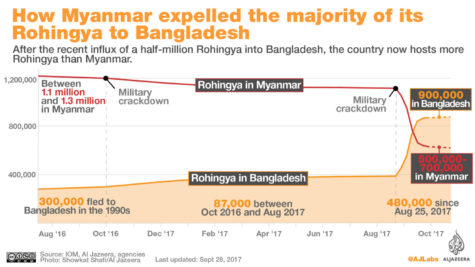
“As far 2020-2021 Our (United States) news cycles talk about what drives ratings for the past four years it’s been Trump and the divide in our country between democrat and republican,” said social studies teacher Mr. Anthony Lanfrank. “Why would CNN or Fox show a nighttime news story on Rohinga Muslims in Myanmar when, I’d say, 95% of Americans couldn’t tell you where Myanmar even is. The US government doesn’t label it a genocide last time I looked.”
Every single day that is passing by, Rohingya Muslims are being stripped of their cultural identity.
“What is happening to the Rohingya and other ethnic minorities is beyond awful,” says Leed. “When I was a child, I thought that humanity had improved and the Holocaust was the last time an ethnic cleansing happened. I was wrong.”

